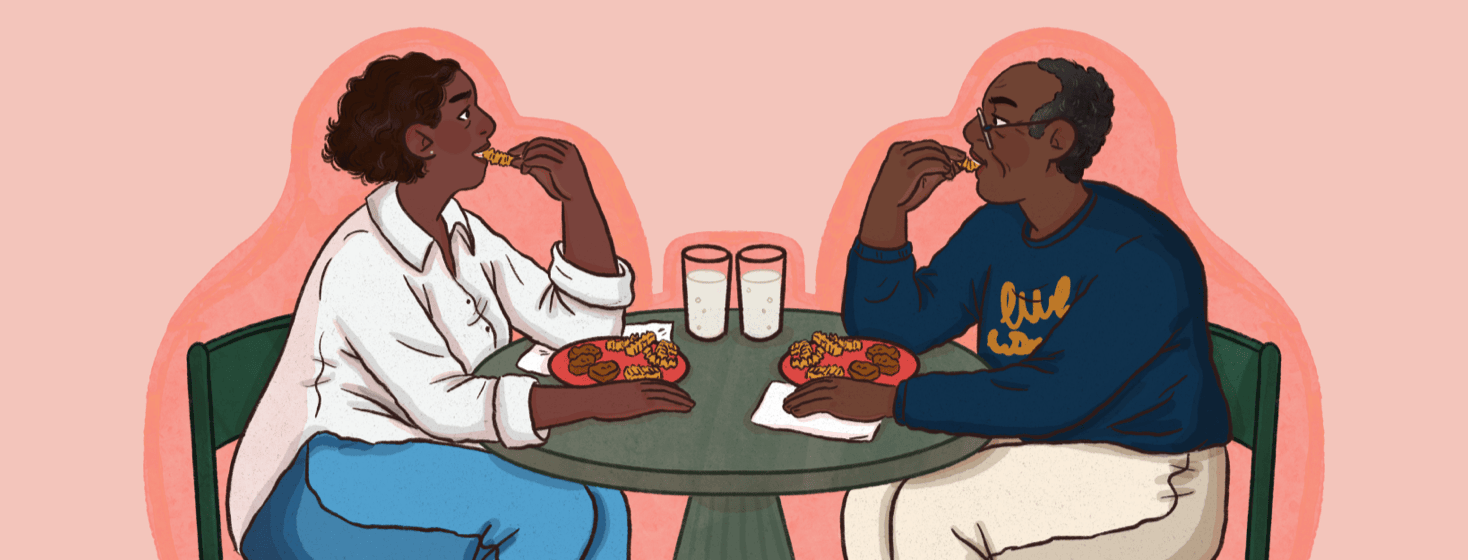Retaining Dignity in Final Stages of Alzheimer's: Managing Mealtime
The final stage of Alzheimer's often brings a decline in eating and activity. It is not uncommon for those who have been diagnosed to essentially stop eating. When this happens, it brings sadness and desperation to many family members because they see it as an extension of their continued loss of independence.
However, the final stage of Alzheimer's does not mean that the person has lost all independence. Though it often becomes more complicated during the final stages of Alzheimer's, several options are available to help maximize independence while maintaining dignity.
Dignity is the priority
Retaining dignity is important even through a decline in eating and activity.
It is not uncommon for those who have been diagnosed with Alzheimer's to essentially stop eating. One of the symptoms of Alzheimer's is that individuals lose their ability to hold silverware and feed themselves. Absentmindedly playing with food will still be present, but it is up to the caregiver to handle this behavior. Caregivers need to be respectful and mindful of the individual's dignity when handling this situation.
The key is providing whatever level of assistance is necessary while allowing the individual to perform as much as possible independently. This can be a challenging balance, but it is essential to remember that the person with Alzheimer's is still a human being deserving of respect and compassion.
Test out different methods
Navigating the final stage of a loved one who plays with their food can be difficult, but there are several ways to do it.
One way is trying to teach them alternatives. You could try alternatives, including using plastic utensils or straws instead of silverware or using hand signals instead of verbal cues.
Another way to handle this situation is by providing your loved one with finger foods that are easy to eat and don't require utensils. This might not work for everyone, as some might still try to play with their food even if they don't have utensils, but it's worth a try.
And finally, if all else fails, the best thing to do is accept that this is how your loved one is right now and try to make the best of it. Handling the final stage of Alzheimer's can be challenging, but it's important to remember that your loved one still deserves dignity and respect.
Alzheimer's and managing mealtime
Another option is providing more structure around meal times. This may include setting a place at the table with all the utensils needed, preparing the food, playing music, or putting on a show at the time. Another excellent opportunity to show dignity through this challenging time is by eating with your loved one so they can mirror you, i.e., see how it's done.
The final option I can offer is to accept that playing with food is part of the disease and not make a big deal out of it. This doesn't mean you should let them make a mess, but rather not get upset if they don't eat everything on their plate or play with their food.
Regardless of your choice, it is important to remember that final stage Alzheimer's patients are still human beings who deserve to be treated with respect and dignity.

Join the conversation